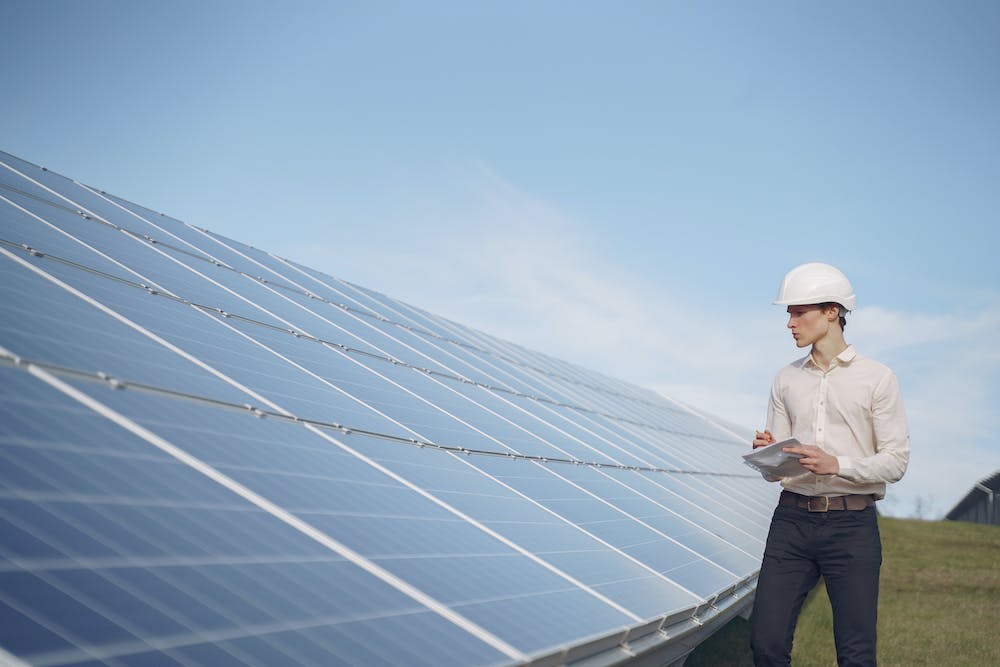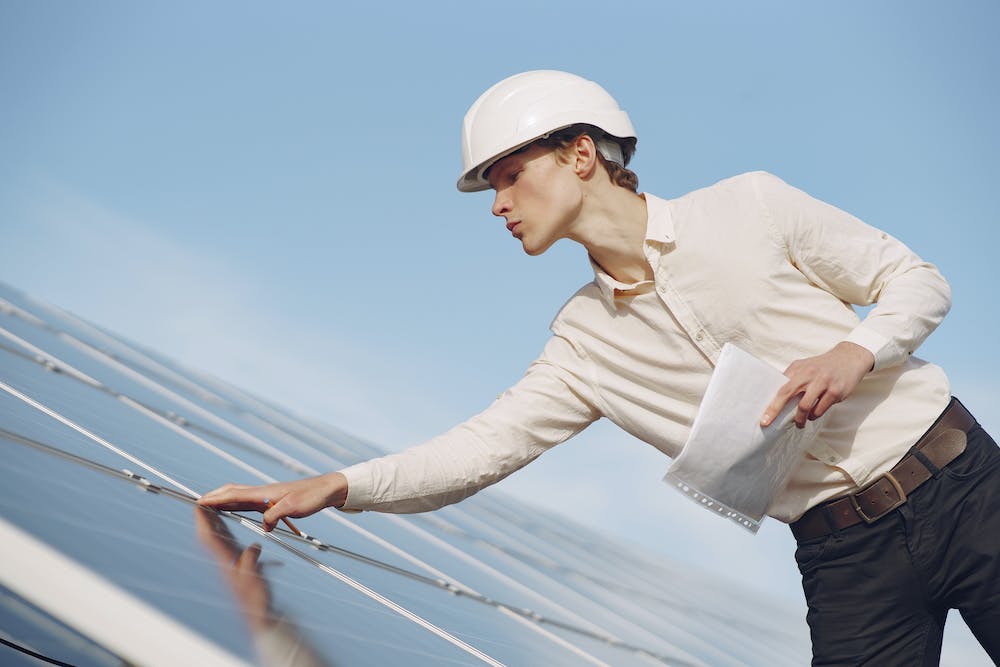The solar energy sector is rapidly evolving, with increasing focus on sustainability and cost-efficiency. As the demand for renewable energy sources escalates, the market for used solar panels—also known as second-hand or used PV panels—has gained significant traction. This article delves into the nuances of the used solar panel market, examining its trends, evaluating the quality and performance of these panels, discussing installation and maintenance best practices, and exploring the environmental implications.
The Growing Market for Used Solar Panels: Trends and Opportunities
The market for used solar panels is flourishing, driven by a desire to make solar energy more accessible and affordable. As individuals and businesses alike strive to reduce their carbon footprint and energy costs, second-hand solar panels present an appealing alternative to brand-new installations. This section explores the key trends shaping this market, including the rise in availability of used PV panels, the diverse sources from which they can be acquired, and the growing consumer base seeking more sustainable and cost-effective energy solutions.
Key factors contributing to the market growth include the lifecycle of solar panels, with many outlasting their initial installations, and the rapid pace of technological advancements, which often lead to upgrades and the availability of used panels. Additionally, we’ll examine the opportunities this market presents for both buyers and sellers, including the potential for significant cost savings and the development of a more circular economy in the solar industry.
Quality and Performance: Evaluating Second-Hand Solar Panels
When considering the acquisition of second-hand solar panels, it’s crucial to assess their quality and performance. This evaluation ensures that the used panels will provide reliable and efficient energy production. Key aspects to consider include the panel’s age, its condition, and any warranties or certifications that may still apply.
- Age and Degradation: Understanding how the performance of solar panels decreases over time is vital. Even though solar panels are designed to be durable, their energy output can diminish due to factors like exposure to the elements and wear and tear.
- Physical Inspection: A thorough examination can reveal any physical damage that might impact the panel’s functionality, such as cracks, discoloration, or delamination.
- Performance Testing: It’s advisable to conduct or review tests that measure the electrical output of the panels to ensure they meet the necessary performance standards.
By meticulously evaluating these factors, potential buyers can make informed decisions and optimize the value and longevity of their used solar panels.

Installation and Maintenance: Best Practices for Used PV Panels
Installing and maintaining used PV panels is a critical aspect of their lifecycle that can significantly influence their efficiency and longevity. Proper installation ensures optimal energy production, while regular maintenance can extend the operational life of the panels, providing greater value and return on investment.
Installation Considerations:
- Site Assessment: Before installation, it’s essential to conduct a thorough site assessment. This includes evaluating the location’s solar irradiance, ensuring the mounting structure is secure, and confirming that the site is free from shading or other obstructions.
- Compatibility: Ensuring that the used panels are compatible with existing system components, such as inverters and mounting hardware, is crucial for efficient operation.
- Professional Installation: Employing experienced professionals for the installation can prevent common pitfalls and ensure that the system adheres to industry standards and safety regulations.
Maintenance Practices:
- Regular Cleaning: Accumulated dirt and debris can obstruct sunlight and reduce panel efficiency. Regular cleaning, especially in dusty environments or areas with high bird activity, can help maintain optimal performance.
- Inspection and Monitoring: Periodic inspections can identify and rectify issues such as loose connections, corrosion, or damage. Monitoring system performance is also essential to detect any deviations from expected energy production.
By adhering to these best practices, owners of used PV panels can maximize their effectiveness and contribute to a more sustainable and economical energy solution.
Environmental Benefits and Challenges of Second-Hand Solar Panels
The reuse of second-hand solar panels offers significant environmental benefits, contributing to the reduction of electronic waste and the conservation of resources. By extending the lifecycle of solar panels, we can lessen the environmental impact associated with the production and disposal of these devices.
Environmental Benefits:
- Reduced Waste: By reusing solar panels, we can decrease the volume of e-waste and conserve the valuable materials used in their manufacture.
- Lower Carbon Footprint: Second-hand panels contribute to renewable energy generation without the additional carbon emissions associated with producing new panels.
Challenges:
- Recycling and Disposal: At the end of their useful life, it is crucial to ensure that used solar panels are recycled properly to prevent environmental harm. The recycling process for solar panels is complex and requires specialized facilities.
- Regulatory and Quality Standards: Ensuring that second-hand panels meet current safety and performance standards poses a challenge. It is essential for the industry to develop clear guidelines and certification processes for used panels.
In conclusion, while used solar panels offer an economical and environmentally friendly option, it is important to approach their purchase, installation, and maintenance with diligence and awareness of best practices. By doing so, consumers and businesses can leverage the benefits of solar energy while contributing to a more sustainable future.










